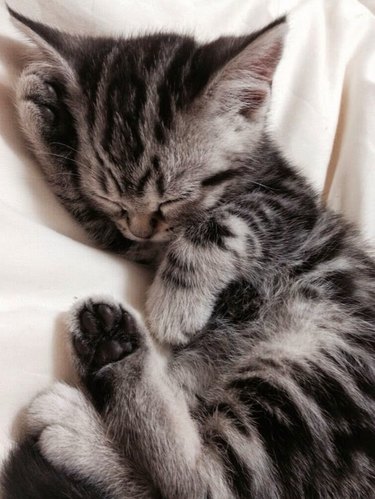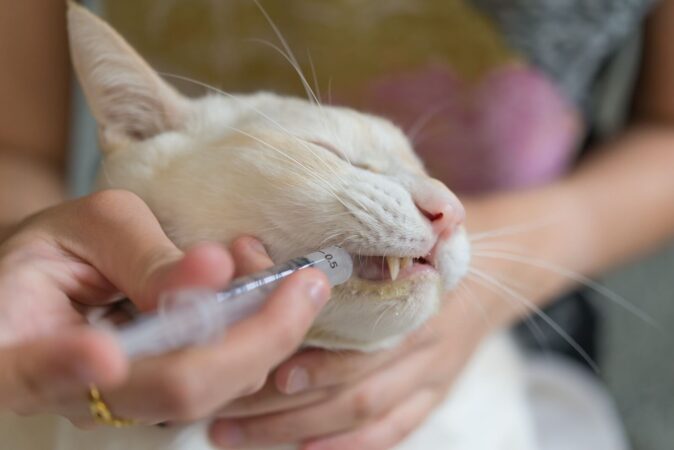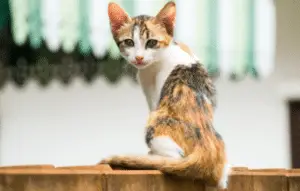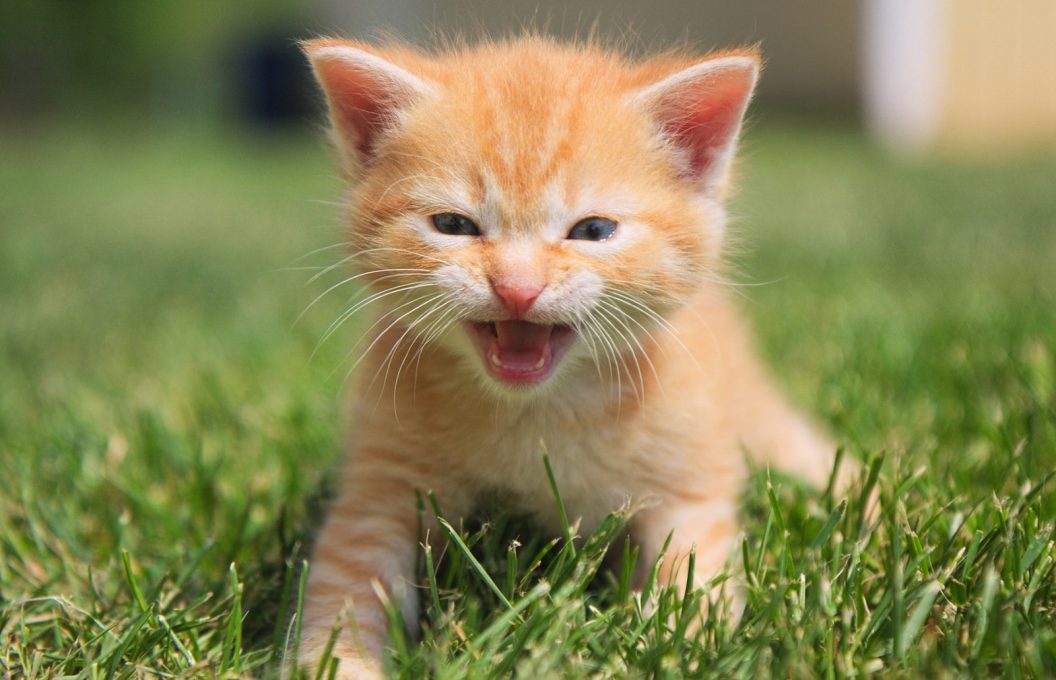A picture of a newborn kitten newborn kittens sphynx lit by chan iun
Table of Contents
Table of Contents
A newborn kitten not eating enough can be a cause of concern for many pet owners. As a kitten owner, your primary concern is the well-being of your furry friend. However, in some instances, a kitten may lose their appetite, causing stress and worry for pet owners. In this article, we will discuss the reasons why a newborn kitten may not be eating enough and steps you can take to help.
Potential Pain Points
As a pet owner, you may experience worries and concerns if your newborn kitten is not eating enough. You may feel helpless and unsure of what to do to help your furry friend. Additionally, your kitten may experience health issues or become weak, causing worry and distress for both you and your pet.
Answering the Target
There can be many reasons why a newborn kitten may not be eating enough. A few common reasons include the kitten being sick or in pain, being separated from their mother too early, or not being introduced to solid food correctly. It is essential to identify the cause of the kitten’s loss of appetite to help them regain their healthy appetite. In some cases, professional veterinary assistance may be necessary.
Summary of Main Points
If you have a newborn kitten not eating enough, it’s essential to identify the cause of their loss of appetite. Common reasons can include being sick or in pain, separation from their mother too early, or improper introduction to solid food. Addressing these reasons can help your kitten regain their appetite and stay healthy.
The Importance of Appropriate Nutrition
Newborn kittens require proper nutrition and veterinary care to grow and develop correctly. Without an appropriate diet, a kitten’s health can be at risk. When a kitten is not eating enough, it can cause them to lose weight, become dehydrated, and even become ill. To ensure your kitten’s health, it is imperative to make sure they are receiving adequate nutrition.
As a kitten owner, you may need to provide nutritional supplements to ensure your furry friend’s proper growth and development. Additionally, you may need to help introduce solid foods to your kitten properly. Consult with your veterinarian to determine what dietary needs your kitten requires.
Treating a Newborn Kitten Not Eating Enough
If your newborn kitten is not eating enough, there are several steps you can take to help. Firstly, ensure that the kitten is comfortable and stress-free. Remove any potential stressors that may be causing the kitten’s loss of appetite. Ensure that the kitten is warm enough and has access to fresh water.
If your kitten continues to refuse food, you may need to stimulate their appetite with a variety of techniques, including changing their diet, spoon-feeding them, or even using a syringe to feed them. If you suspect your kitten may be ill or in pain, consult with a veterinarian immediately.
Battling Dehydration
Newborn kittens are susceptible to dehydration, especially when they are not eating enough. Symptoms of dehydration can include dry mouth, sunken eyes, or lethargy. If you notice these symptoms in your kitten, make sure to provide them with plenty of fresh water or an electrolyte solution. If dehydration persists, consult with a veterinarian.
Ensuring Your Kitten’s Optimal Health
Ensuring your newborn kitten’s optimal health can be a daunting task. However, with appropriate attention to your kitten’s dietary and health-related needs, you can help your furry friend grow and develop correctly. Consult with your veterinarian if you suspect your kitten may be ill or experiencing a loss of appetite.
Question and Answer Section
Q: Should I be concerned if my kitten doesn’t eat enough?
A: Yes, it is always concerning when a kitten is not eating enough. A loss of appetite can indicate an underlying health issue, and it’s essential to consult with a veterinarian to ensure your kitten’s optimum health.
Q: What should I do if my kitten won’t eat?
A: There are several steps you can take to help stimulate your kitten’s appetite, including spoon-feeding, changing their diet, or using a syringe to feed them. If the kitten continues to refuse food, or if you suspect they may be ill or in pain, consult with a veterinarian.
Q: Can dehydration occur if my kitten doesn’t eat enough?
A: Yes, dehydration can occur if your kitten does not eat enough. It’s essential to provide your kitten with plenty of fresh water and an electrolyte solution if necessary.
Conclusion of Newborn Kitten Not Eating Enough
If you have a newborn kitten not eating enough, it can be a troubling experience. However, with appropriate attention to your kitten’s dietary and medical needs, you can ensure their healthy growth and development. Consult with a veterinarian if you suspect your kitten may be ill, and always ensure that your kitten has access to fresh water and an appropriate diet to maintain their health.
Gallery
I Don’t Know Nothin’ About Birthin’ No Kittens!
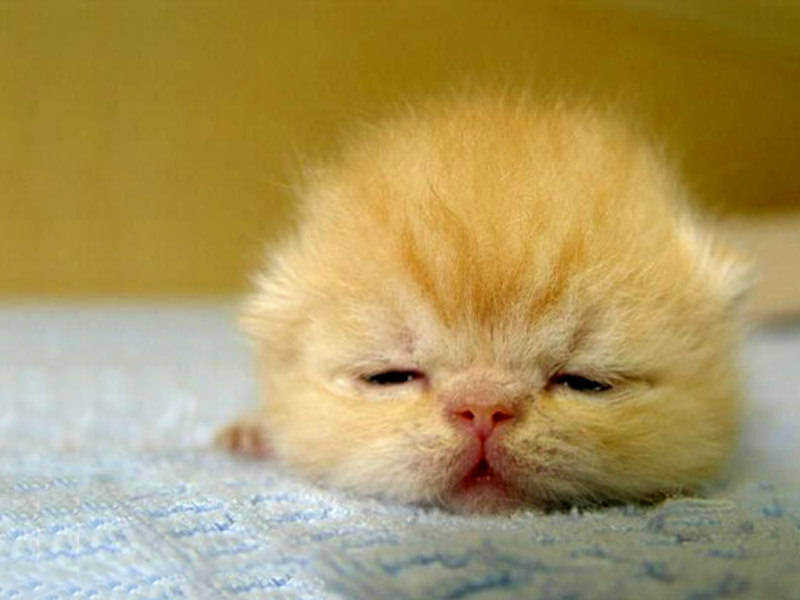
Photo Credit by: bing.com / kittens baby newborn kitten cat fluffy things nothin know cutest ever don if
What You Need To Know About Newborn Kitten Care - Catster
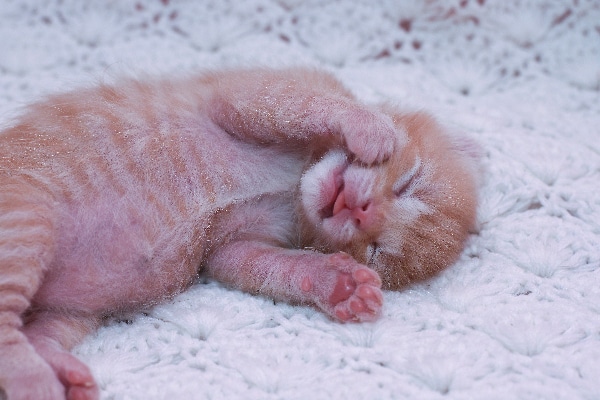
Photo Credit by: bing.com / newborn kitten kittens care born tabby completely catster defenseless babic nada istock numbers plus getty photography
Kitten Care - Your Role As Surrogate Cat Mom
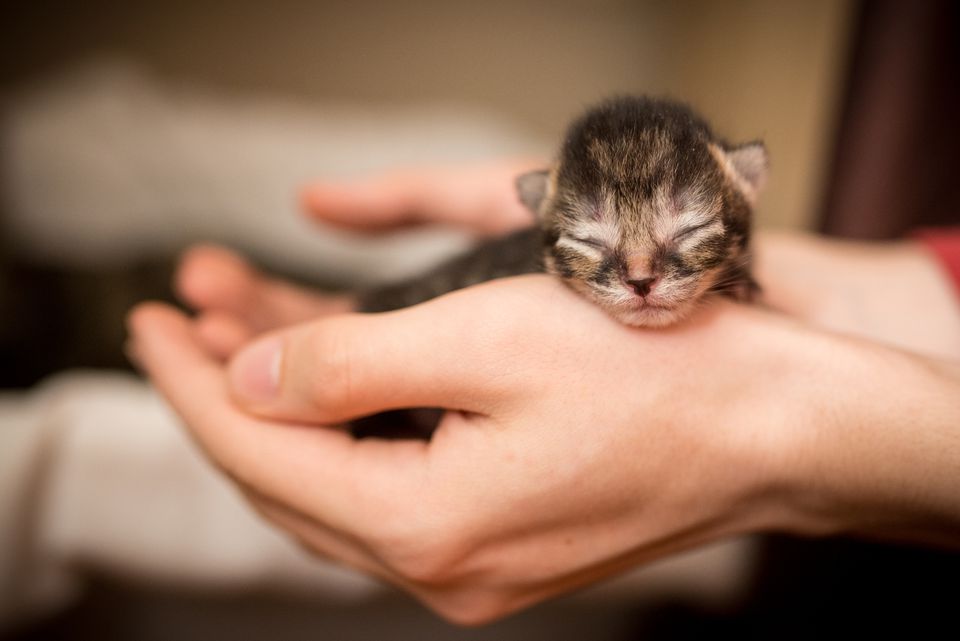
Photo Credit by: bing.com / newborn kitten kittens cat cats care raising held caring getty gettyimages donders danielle tiny holding moment credit hands
How Long Can A Newborn Kitten Go Without Eating?
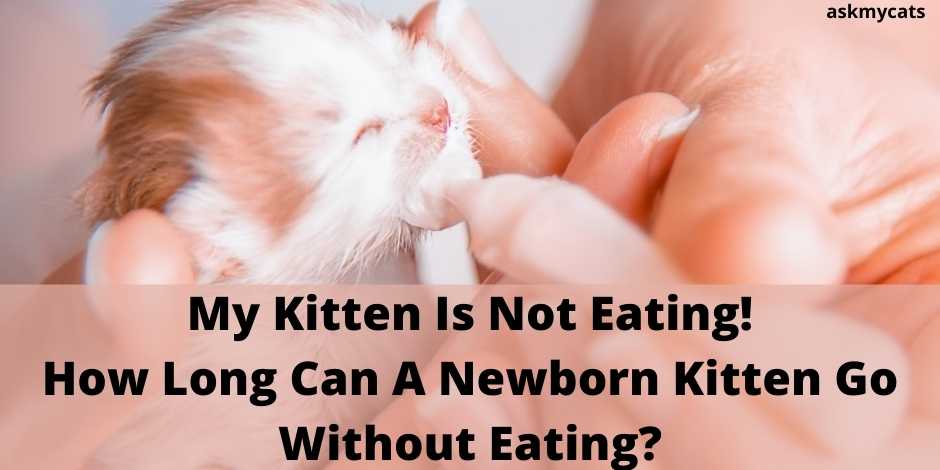
Photo Credit by: bing.com /
A Picture Of A Newborn Kitten / Newborn Kittens Sphynx Lit By Chan Iun

Photo Credit by: bing.com /
